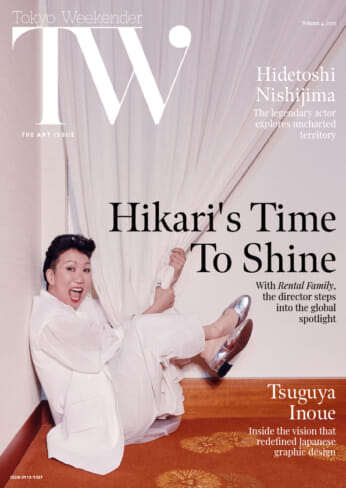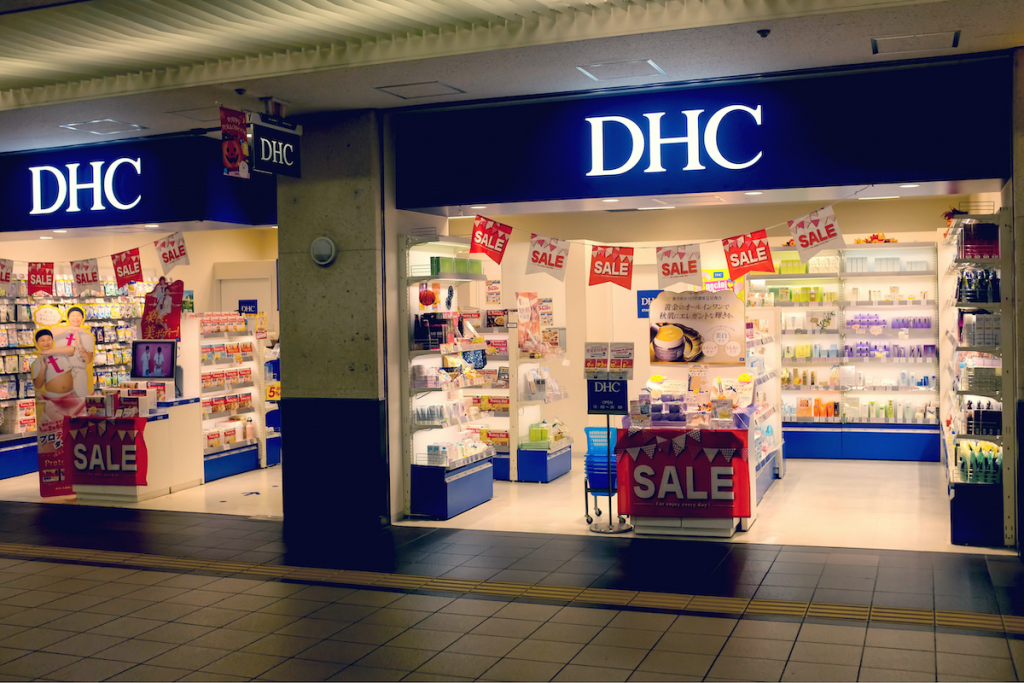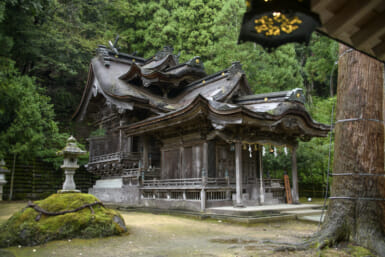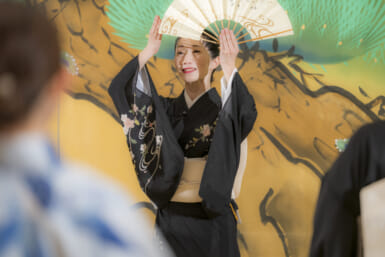“For some reason, the models hired for Suntory’s commercials are almost all Korean-Japanese. And that’s why they’re mocked online as ‘Chontory.’ [On the contrary], “From the celebrities we use [for promotions] to everything else we do, we are a purely Japanese company.”
The text above was not a malicious right-wing tweet circulating social media. It was an excerpt from a post written by Yoshiaki Yoshida, the CEO of DHC, one of Japan’s leading cosmetic companies. It was published on the company’s official website this November.
99 Problems in One Text
The text was part of a longer post that touches the nerves over far too many issues, including racial discrimination, hate speech, verbal attack toward the competition, and last but not least, disrespecting consumers.
The post discussed the reason behind using the name “yakekuso” for the company’s “Yakekuso Kuji” lottery campaign that gives back ¥10,000 to 335 people every month. The post focused on the origin of the term before gradually expanding the discussion into a criticism that supplement share in Japan is only calculated based on total sales rather than on consumer satisfaction. The post then quickly escalated into a verbal attack on Suntory, a Japanese beverage manufacturer that competes with DHC in the health supplement sector.
“DHC’s supplements use Japan-grown ingredients and are not only the cheapest but also products that use higher amounts of these ingredients than any other product on the market, which is why we are Japan’s most loved supplement brand,” Yoshida wrote. “Suntory sells what DHC would sell for ¥500 at ¥5000, so it’s not a surprise that their profit figures are higher. Some consumers are, quite frankly, idiots, so they’d think that the higher something is priced, the better product it is, so they go ahead and buy the higher-priced goods.”

A screenshot of the original text published on DHC’s website in November 2020.
Yoshida’s text continued to praise DHC’s “domestic mentality” and “hard work” by using its rival Suntory as a contrast.
“No matter from what perspective you see it, there is no other supplement maker out there that has been approaching its products so honestly and sincerely for so long. It saddens us that the consumers don’t understand this.”
Yoshida then explained the reasons for launching the “Yakekuso Kuji” campaign, saying that the company chose to pay back its loyal buyers as a means to boost sales.
“Don’t you think this is much better than other companies who waste money hiring celebrities to advertise their products?”
And that is where the most problematic part of the post takes place.
“For some reason, the models hired for Suntory’s commercials are almost all Korean-Japanese. And that’s why they’re mocked online as ‘Chontory,’ [Chon+Tory from Suntory],” he wrote.
“Chon” is a derogatory term for Koreans in Japan, widely regarded as discriminatory.
“From the celebrities we use [for promotions] to everything else we do, we are a purely Japanese company. We’re an old company about to reach our 50th anniversary. […] We are putting our hopes on the few remaining wise consumers out there. We acknowledge that the naming of the campaign is a bit silly, but we are serious and sincere about it.”
Social Media Fury
The post angered social media followers, giving rise to the hashtag “I no longer buy products from discriminatory DHC” (#差別企業DHCの商品は買いません) and “Don’t sell DHC products at convenience stores” (#コンビニはDHC商品を置くな).
Do you still buy DHC products?#コンビニはDHC商品を置くな#差別企業DHCの商品は買いません pic.twitter.com/gUhfZ7g6Cm
— PCR検査待ちの chocolat. (@chocolat_psyder) December 16, 2020
「DHCは起用タレントをはじめ、すべてが純粋な日本企業です」
このDHC会長の言葉が「外国にルーツを持つ日本人を就職させていない」という意味なら、単純に法律違反です。厚労省は動くべきです。#差別企業DHCの商品は買いません https://t.co/XZp797idxy
— 町山智浩 (@TomoMachi) December 16, 2020
Translation: “From the celebrities we hire, we are a pure Japanese company.” If what DHC’s CEO means by this is that the company won’t hire Japanese people with foreign roots, it’s simply against the constitution. The Ministry of Health, Labour and Welfare of Japan should take proper measures.
差別企業DHCの吉田嘉明会長が言う「純粋日本人」って一体何の話なんだろう?#差別企業DHCの商品は買いません pic.twitter.com/rOToHtxexA
— 桜ういろう (@uirousakura) December 16, 2020
Translation: So who are the “pure Japanese” people that racist company DHC’s Yoshiaki Yoshida is talking about?
Despite the social media fury, DHC — which operates in South Korea, the US, Taiwan and the UK — has, as of time of writing, not deleted the post from its website.
This is not the first time Yoshida has made discriminatory comments against Korean people. In 2016, he described Koreans in Japan as “pseudo-Japanese,” demanding them to return to South Korea in another post on the company’s website.
Updated On December 17, 2020









